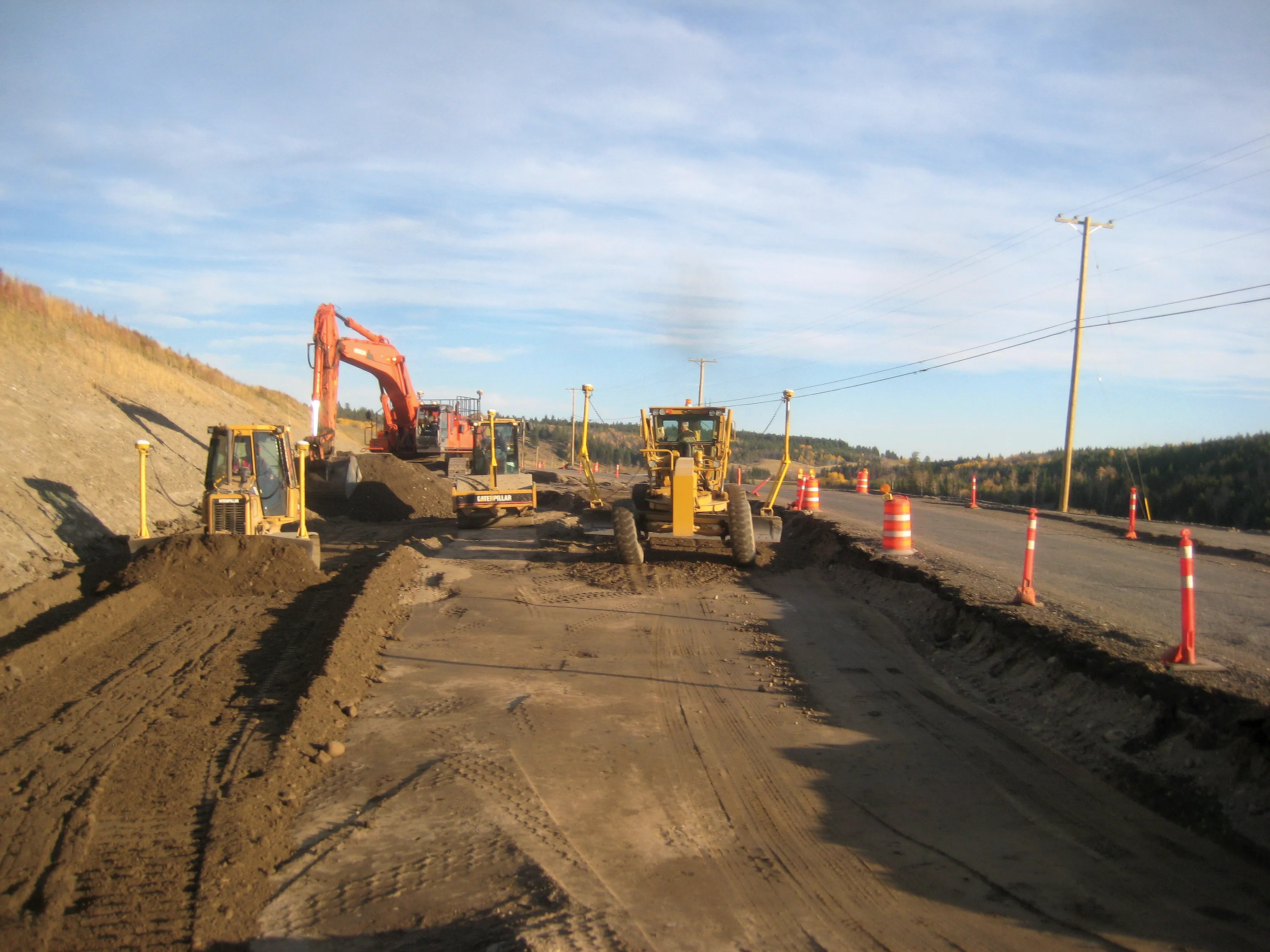The Finnish government has axed controversial plans to privatise the operation of a large number of major roads and turn them into user-pay infrastructure.
But transport Minister Anne Berner also announced that the government would now keep a tax on new car sales. The tax was going to be scrapped as part of the move to make road users pay tolls.
Berner had recently announced that the government would put the operation of major highways under a new stand-alone agency that would engage the private secto
January 24, 2017
Read time: 3 mins
The Finnish government has axed controversial plans to privatise the operation of a large number of major roads and turn them into user-pay infrastructure.
But transport Minister Anne Berner also announced that the government would now keep a tax on new car sales. The tax was going to be scrapped as part of the move to make road users pay tolls.
Berner had recently announced that the government would put the operation of major highways under a new stand-alone agency that would engage the private sector to maintain roads and recoup their costs through user-pay tolling.
The daily Helsingin Sanomat reported that the controversial reform lacked the support of the smaller political parties within the National Coalition and Finns Party.
Iltalehti, a daily tabloid newspaper, reported that a poll of 1,000 people, which it had commissioned, showed that 70% of the public were against the reforms. Still, more than half agreed that the current model of taxing motorists needed to be changed.
Finland has around 500,000km of main thoroughfares, most of them privately owned or forest tracks. Only about 78,000km of the roadways are state-owned, including 900km of highway.
Last October, the Helsinki Court of Appeal reduced some of the fines previously imposed upon paving companies relating to an asphalt cartel that had operated between 1994 and 2002. A statement by the company3064 Lemminkäinen said that, where it was the only defendant, the Court of Appeal ordered Lemminkäinen to pay 18 claimants damages of around €6 million which is about €9 million less than a lower District Court had ordered.
“As regards the 12 other claims, where Lemminkäinen and other asphalt industry companies were defendants, the Court of Appeal ordered the defendants to pay eight claimants damages approximately €14 million in capital, which is approximately €5 million less than the District Court had ordered. In these claims, Lemminkäinen's liability to pay is partly joint and several together with other defendants.”
The case has been rumbling on since 2009 when a lower court ordered seven Finnish asphalt industry companies - Lemminkäinen, Valtatie, Skanska Asfaltti, NCC/ Interasfaltti, Rudus Asfaltti, SA-Capital and Super Asfaltti - to pay an infringement fine. The infringement fine imposed on Lemminkäinen was €68 million, according to the company.
Lemminkäinen is one of the largest paving operations in northern Europe. It employs around 4,800 people and had ales in 2015 of around €1.9 billion.
"We are satisfied with the decisions of the Court of Appeal to the extent our appeals were accepted. Our daily operations will continue as planned, focusing on step by step improving our operational result and competitiveness in all our operations," said Casimir Lindholm, president and chief of Lemminkäinen.
But transport Minister Anne Berner also announced that the government would now keep a tax on new car sales. The tax was going to be scrapped as part of the move to make road users pay tolls.
Berner had recently announced that the government would put the operation of major highways under a new stand-alone agency that would engage the private sector to maintain roads and recoup their costs through user-pay tolling.
The daily Helsingin Sanomat reported that the controversial reform lacked the support of the smaller political parties within the National Coalition and Finns Party.
Iltalehti, a daily tabloid newspaper, reported that a poll of 1,000 people, which it had commissioned, showed that 70% of the public were against the reforms. Still, more than half agreed that the current model of taxing motorists needed to be changed.
Finland has around 500,000km of main thoroughfares, most of them privately owned or forest tracks. Only about 78,000km of the roadways are state-owned, including 900km of highway.
Last October, the Helsinki Court of Appeal reduced some of the fines previously imposed upon paving companies relating to an asphalt cartel that had operated between 1994 and 2002. A statement by the company
“As regards the 12 other claims, where Lemminkäinen and other asphalt industry companies were defendants, the Court of Appeal ordered the defendants to pay eight claimants damages approximately €14 million in capital, which is approximately €5 million less than the District Court had ordered. In these claims, Lemminkäinen's liability to pay is partly joint and several together with other defendants.”
The case has been rumbling on since 2009 when a lower court ordered seven Finnish asphalt industry companies - Lemminkäinen, Valtatie, Skanska Asfaltti, NCC/ Interasfaltti, Rudus Asfaltti, SA-Capital and Super Asfaltti - to pay an infringement fine. The infringement fine imposed on Lemminkäinen was €68 million, according to the company.
Lemminkäinen is one of the largest paving operations in northern Europe. It employs around 4,800 people and had ales in 2015 of around €1.9 billion.
"We are satisfied with the decisions of the Court of Appeal to the extent our appeals were accepted. Our daily operations will continue as planned, focusing on step by step improving our operational result and competitiveness in all our operations," said Casimir Lindholm, president and chief of Lemminkäinen.






